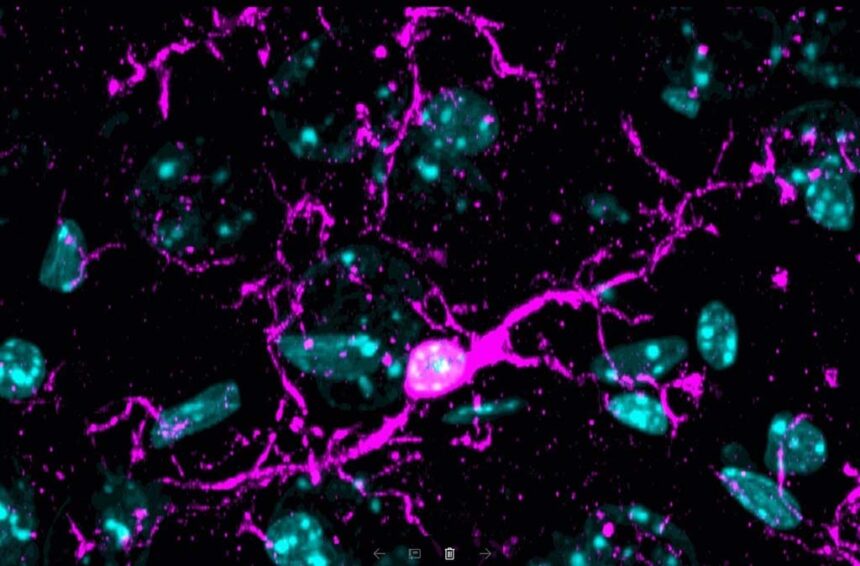New research out of the University of Alberta sheds light on the ways in which these immune cells adapt and respond to injury, which could aid in the quest to find ways to protect the human brain from these cells gone bad.
The report can be read in Molecular Neurodegeneration.
Plemel’s team aimed to investigate the responses of microglia to chemically induced demyelination in animal models. Demyelination refers to the damage of the myelin, or insulating material, that coats most neurons. The demyelinating process is at the heart of multiple sclerosis.
Microglia have been shown to be pivotal in previous studies of demyelination. In fact, if microglia are eliminated from the model altogether, demyelination does not occur even in the earliest stages.
Microglia in the MS injury model were compared to those described in prior research on an Alzheimer’s disease model, and found to be very similar.
“Microglia serve multiple roles during demyelination, yet their transcriptomic state resembles other neurodegenerative conditions,” the research report reads. “The phagocytosis of cellular debris is likely a universal cause for a common neurodegenerative microglial state.”


